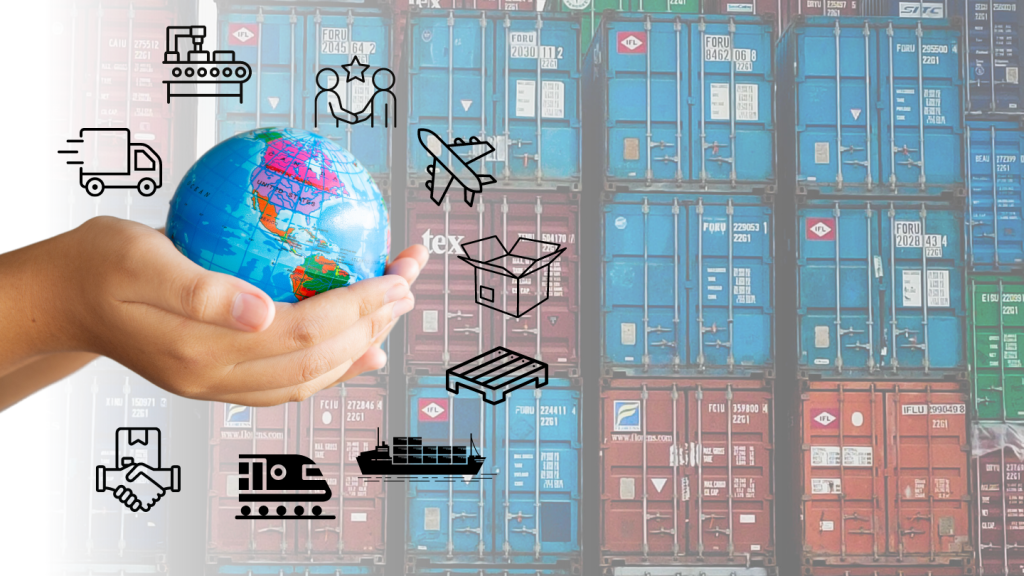
In the last few weeks, I’ve been seeing more articles and posts on social media that talk about resilience. This crisis, which is compared to events that changed the course of humanity, such as World War I, the Spanish flu pandemic in 1918-1919, the Depression of the 1930s and World War II, brings enormous challenges and complexities. However, by building resilience and learning capability, it will be possible to reap some benefits from this crisis. I am therefore highlighting the different types of resilience and learning loops to face and get through these difficult times.
Resilience is defined as “the ability to maintain organizational stability under extreme conditions so that the organization can emerge from this episode stronger and with new resources (1)” and “includes information sharing, lax controls and the use of slack capacity (2)”. The goal is to be an organization that is constantly building its future rather than defending its past (3)”.
Did you know that there are different forms of resilience?
Organizational resilience allows us to adopt a business model that offers a certain degree of business continuity without going back to the methods of the past (4), to understand the events that have just occurred and “better manage threats (5)”. Strategic resilience requires anticipation of future events and constant adaptation in order to be able to change before being forced to do so (6). Behavioural resilience allows for improved understanding of unconventional activities and routines (7) that can lead to better use of resources.
How does resilience help us learn?
Since resilience allows for adjustment, it is therefore inherent that some learning comes with it. Two methods of learning are possible: The simple loop consisting of finding an error and correcting it, without using additional data to understand why the error occurred. This approach allows the situation to be rectified quickly and operations to continue according to established principles to achieve objectives (8), reduce variability and generate organizational resilience (9). This type of knowledge tends to be dissolved as soon as the crisis ends and is therefore not a retention method (10).
The double loop, also begins with the discovery of an error, but includes a change in business processes, standards and objectives, as root causes (11) and cause and effect relationships (12) are identified and understood. This allows the adjustment of organisational behaviour and structure to deal with the crisis (13), thus releasing lasting organisational knowledge and slack reserves as a result of retention (14).
You and your teams have undoubtedly exercised your resilience and adopted new processes that allow you to do more with less to get through this crisis. When the dust settles, it will be important to look back on this adaptation and learning, using the double-loop principle, so that this transformation, this evolution lasts. You have shown a capacity for continuous improvement in times of crisis, do not lose all that you have just learned and achieved, it will serve you for a long time to come.
Take a look at our series on resilient supply chains.
CONTACT US TO FIND OUT MORE!







